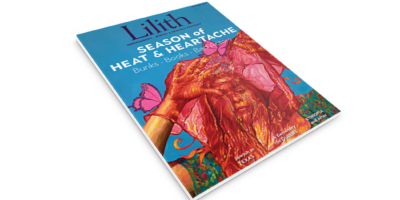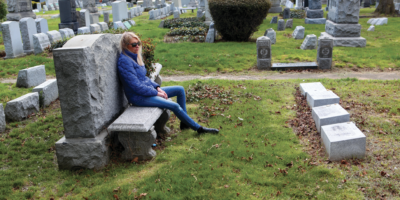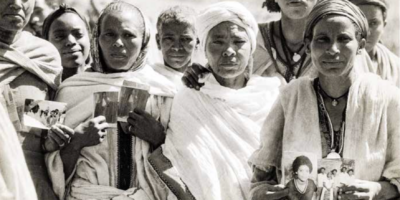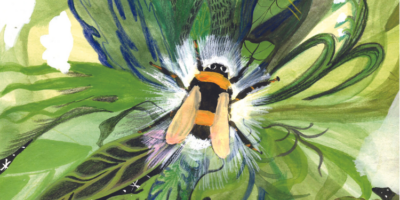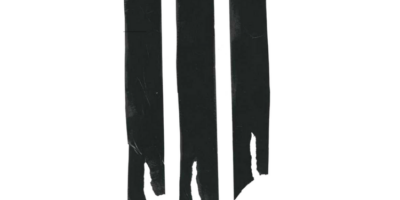
From the Editor
REMEMBER THAT CHILDREN’S classic Bread and Jam for Frances? The most relatable badger in fiction declares that she wants to eat the same thing at every meal. When her family sits down to delicious dinners and Frances repeatedly faces a plate of, yes, bread and jam, she begins to catch on to the pleasures of variety.
A good deal of what you read in Lilith, in print or online, is informed by a respect for (and interest in) variety—the wide range of differences in human behavior and customs.
In this issue you can experience the variety of Sephardi and Mizrahi foods—including a garlic soup. There’s more. You’ll find an Ethiopian Israeli artist’s view of her family and an under-examined history, in photographs, of when Ethiopian Jews initiated their own successful departure to Israel.
Editing this summer issue, I’ve thought a lot about behaviors and their boundaries. And the fact that some boundaries take courage to cross but stepping over others requires only bad impulse control.
I’ve usually admired boundary breakers. People who fought to shatter (or chip away at) glass ceilings, or who ignored the message about not applying to majority-male graduate programs. Or like my friend the hands-on builder who stifled her anxieties and simply went where few females had ventured and joined the construction trades.
I hate it when I hear people warn (except correcting dangerous driving), “Stay in your lane.”
But when those who challenge limits are not the powerless trying to breach the moat, but rather are people who hold and wield power—clergy, or bosses, or professors—it’s clear that some boundary crossings are not acts of courage but are, in fact, violations. And as more and more Lilith readers and writers come forth with personal experiences of harm by those who’ve held some kind of power over them, our role as editors and mentors is to make space for them. We rail against such violations, and spotlight them in order to stop them.
When individuals who’ve suffered gender-based harm have an opportunity to speak out about their experiences in a supportive environment, more come forward. Readers of Lilith recognize this, since Lilith regularly makes room for these accounts that will help shape what an improved and more just community could look like.
“Othering” is the political and social effort to cast people unlike ourselves as so unlike as to be not quite human. This dehumanization and its awful cruelties—whether motivated by sadistic urges, economic gain or baseless visceral hatreds—have led to slavery, to the attempted annihilation of the Jews, to cruel and unusual punishments, to unjust carceral systems in many countries, to so many other evils. And othering by gender is a particular precursor to much sexual misconduct and violence. How could those in power behave the way they do if they did not see the people they hurt as utterly different from themselves?
Keeping women from voting, binding our feet to restrict our movement, withholding from us the right of control over our own bodies. All of these have been—and in some places still are—part of a deep-seated and often unacknowledged conviction that women, or nonbinary or trans people, or people of color, or people with disabilities, are less than fully human. This dangerously deep disrespect for differences, and of the variegation within our species, is shaping legislation in the U.S. right now
In the face of this callousness (call it narcissism or maybe a religiously induced deadening of the empathy nerves) it looks like it’s time to restore certain distinctions. I want to holler at abusers, some of them described in the pages you’re reading, “Stay in your lane!” Some boundaries, in particular those that mark our bodies as ours, deserve to be inviolate.
Susan Weidman Schneider
susanws@lilith.org

